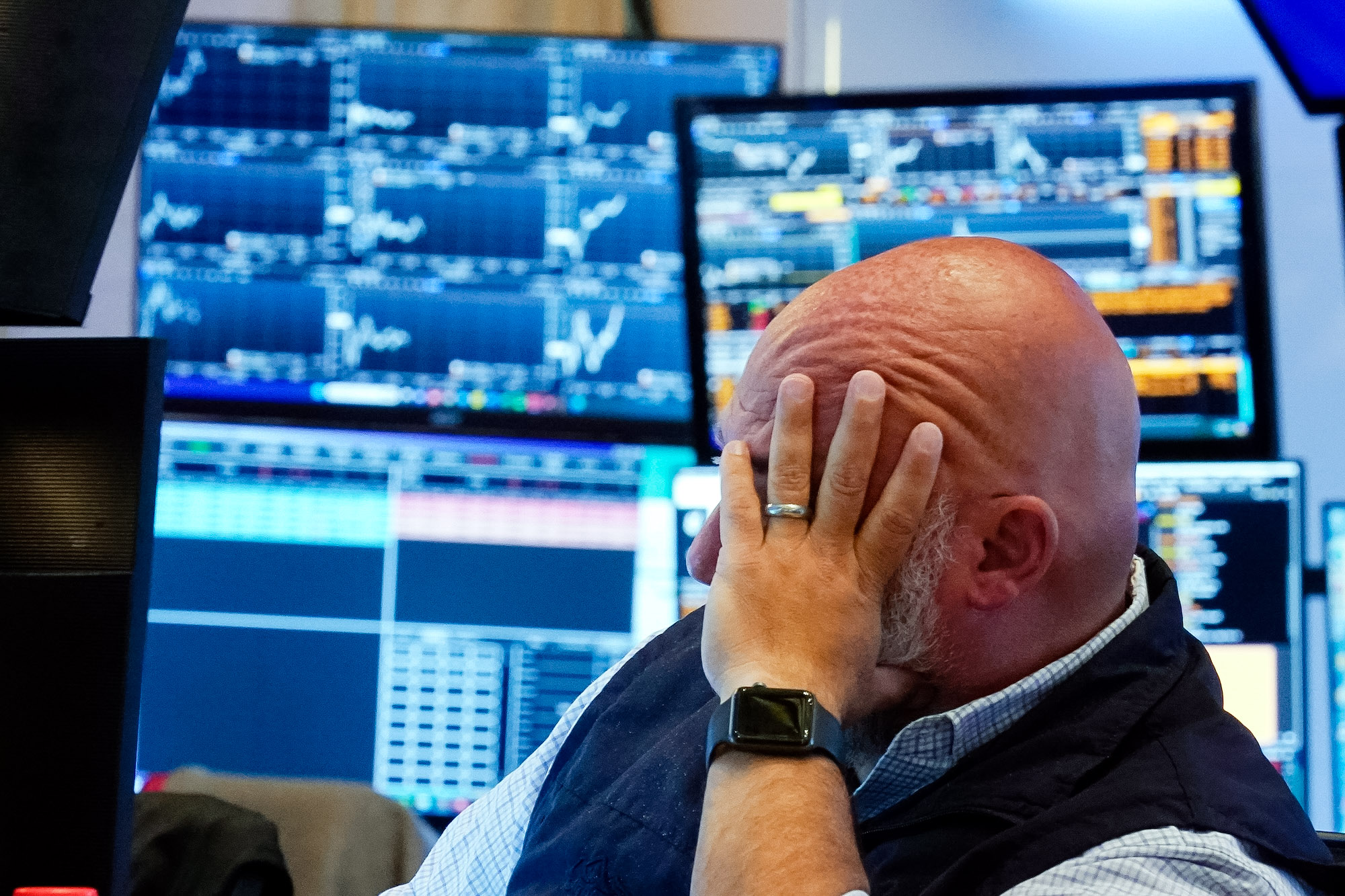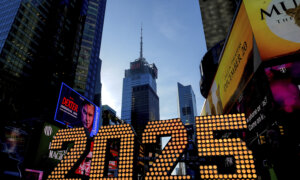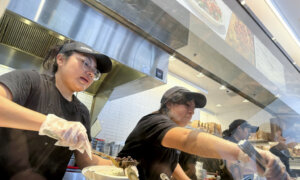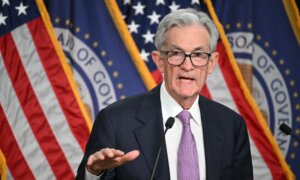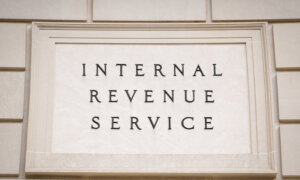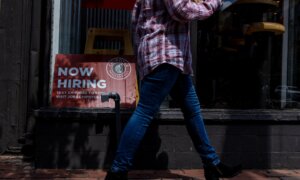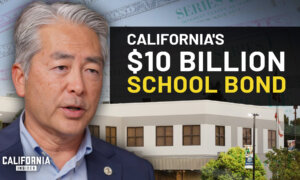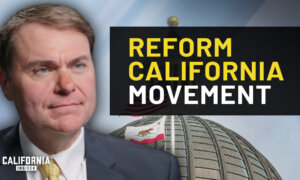Commentary
The traditional pattern in a Presidential election year is that the stock market tends to rally during the summer months, during the big conventions, as the candidates promise us everything and anything. Then the markets tend to drop in September and hover in uncertainty until the election gives us a clear winner. Then, the markets tend to soar, after knowing who the winners will be, in Congress and the White House.
Last week, markets fell sharply on what turned out to be some stock market disinformation. According to Bloomberg, Nvidia was one of many companies subpoenaed by the Department of Justice (DOJ), but the company said that it has not received any DOJ subpoena. As the Biden Administration winds to a close, it looks like the Department of Justice (DOJ) has been hyperactive in launching antitrust investigations of technology companies. Of course, some of these same DOJ lawyers will shift to private practice after a new President is elected, but these rumors sent the entire market down, with the S&P 500 losing 4.25% and the Nasdaq and Russell 2000 falling 5.7% last week.
Here are the most important market news items and what this news means:
- I am expecting a big rebound in the stock market this week since we are now grossly oversold. It helped that Apple is launching its new iPhone 16 at the beginning of the week. The new iPhone has a new Arm AI chip that will be receiving AI upgrades as they unfold. Unfortunately, on Tuesday the European Union (EU) Court of Justice overturned a lower court decision that Apple must pay $14.4 billion (13 billion euros) in back taxes. This court decision pertains to Ireland granting Apple unlawful tax aid. Apple’s Tim Cook previously called this tax spat at “total political crap” and said the EU was “trying to retroactively change the rules and ignore that, as required by international tax law, our income was already subject to taxes in the U.S.” In other words, Tim Cook is arguing that Apple is being double taxed!
- Tonight’s presidential debate is expected to be a political Superbowl. I guarantee that Donald Trump will talk about border chaos and endless wars around the world due to lack of American leadership. Kamala Harris will likely bring up January 6th and refer to Donald Trump as a convicted felon. Naturally, voters care the most about inflation and economic growth. The candidate that comes off as the most sincere, believable and effective implementing change is expected to win the debate. I also hope that U.S. energy policy is thoroughly debated since the war on natural gas has alienated Pennsylvania and other energy-producing states. In my opinion, the candidate that wins energy-rich Pennsylvania will win the electoral college and become the next President.
- The other good news is that the Treasury yield curve officially un-inverted as short, intermediate and long-term Treasury yields have declined, so the pressure is mounting on the Fed to cut key interest rates 0.5% at its Federal Open Market Committee (FOMC) meeting on September 18th. FOMC member Christopher Waller at a University of Notre Dame speech said it’s important for the Fed to begin cutting interest rates this month amidst rising risks of further weakening in the labor market. Specifically, Waller said he’s also “open-minded” about the potential for a bigger rate cut and would advocate for one if appropriate and added, “The balance of risks has shifted toward the employment side of our dual mandate.”
- I am expecting a positive Consumer Price Index (CPI) report since I am expecting shelter costs (owners’ equivalent rent) to continue to moderate. The Producer Price Index (PPI) should also be favorable since wholesale service and good costs have been soft. With the Fed’s favorite inflation indicator, the core Personal Consumption Expenditure (PCE) index rising at only a 1.7% annual pace in the past three months, I am expecting favorable CPI and PPI data to further help drive Treasury yields lower.
- One reason that the PPI has been running at a slower pace than the CPI is because we continue to import deflation from China. Bloomberg recently has an article entitled “China’s Deflationary Spiral Is Now Entering Dangerous New Stage.” All economists are trained to fight deflation, but in China, wages are now falling. Robin Xing, the chief China economist at Morgan Stanley, said “We are definitely in deflation and probably going through the second stage of deflation” and added, “Experience from Japan suggests that the longer deflation drags on, the more stimulus China will eventually need to break the debt-deflation challenge.”
Overall, I remain convinced that whoever wins Pennsylvania, will become the next President. Since Pennsylvania is a big energy state and employs approximately 250,000 people in fracking, natural gas extraction and pipelines to LNG terminals, the Biden Administration’s executive order that banned LNG expansion back in January has put Kamala Harris at a disadvantage in Pennsylvania. Although Kamala wisely reversed her anti-fracking stance, the fact that one of the first actions of the Biden Administration was to ban fracking on federal land makes her unpopular in energy-rich Western Pennsylvania. The candidate that is the most pro-domestic energy, sincere, and believable is expected to win the Presidential debate and help remove some of the election uncertainty that has been plaguing the stock market.
*Views expressed in this article are opinions of the author and do not necessarily reflect the views of The Epoch Times.
